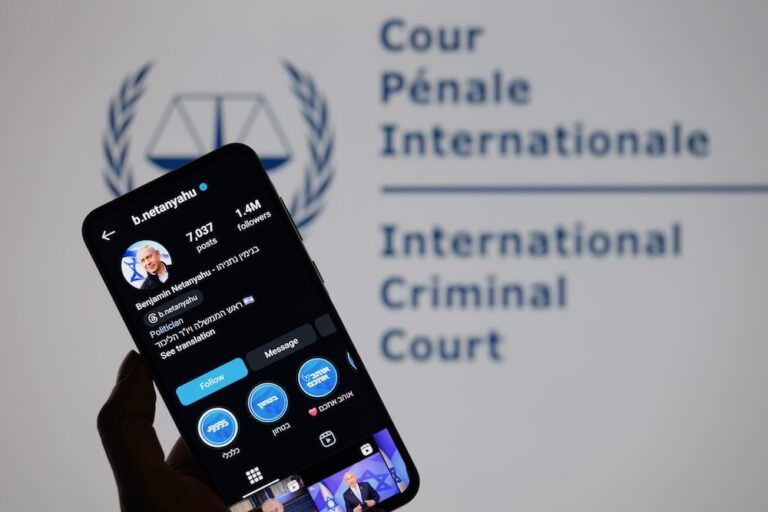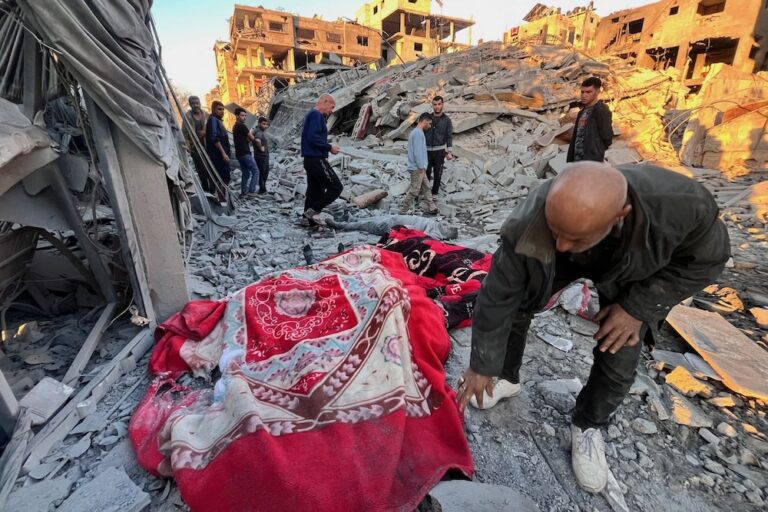Journalist Mohammad Kheiri was summoned several times by the police on the pretext that they "just wanted to talk to him." Without giving reasons for the investigation or informing him of any charges pending against him, they asked questions centred on the nature of his work, the topics he covers, and the views he expresses.
I’lam Media Center for Arab Palestinians in Israel denounced the investigations of journalists Ali Mawasi and Mohammad Kheiri. Kheiri works as a freelancer with several news stations, and Mawasi works for the website www.arabs48.com.
I’lam found out that a unit of the police summoned Kheiri several times in the recent past on the pretext that they “just wanted to talk to him.” They did not give him a reason for the investigation or inform him if any charges were pending against him. Their questions centered on the nature of his work, the topics he covers, and the views expressed in his articles.
Kheiri said that every time he was investigated, he was forced to wait several hours for the inspector to show up. One time after being summoned, he was informed that the inspector had not come in that day and he had to return again.
As for Mawasi, he was stopped near the separation wall in Baqa al-Gharbiyye. Border guards told him that he was in a closed military zone, but he knew that local residents who lived next to the wall regularly passed down the street that he was on. The guards confiscated the camera that was in his car, claiming that he had taken photos of the area (in designated military zones in Israel, taking photos is prohibited). They detained him for several hours, half-naked in stormy weather; he eventually fainted from the extreme cold and had to be hospitalized.
Mawasi is still looking for his camera. He went to the “Rihan” checkpoint where the officer who had taken his camera was stationed, then to checkpoint 300 in Bethlehem, and again to the checkpoint in Baqa al-Sharqiyeh, where the camera had actually been confiscated. He didn’t find it. Mawasi went to the police to file a complaint of harassment against the border guards.
I’lam takes these investigations and violations very seriously, and views them as illegal. They have two main goals: (1) to create an atmosphere of intimidation for journalists and increase their self-censorship; and (2) to gather information on the political, journalistic, and social activities of the person being summoned.


